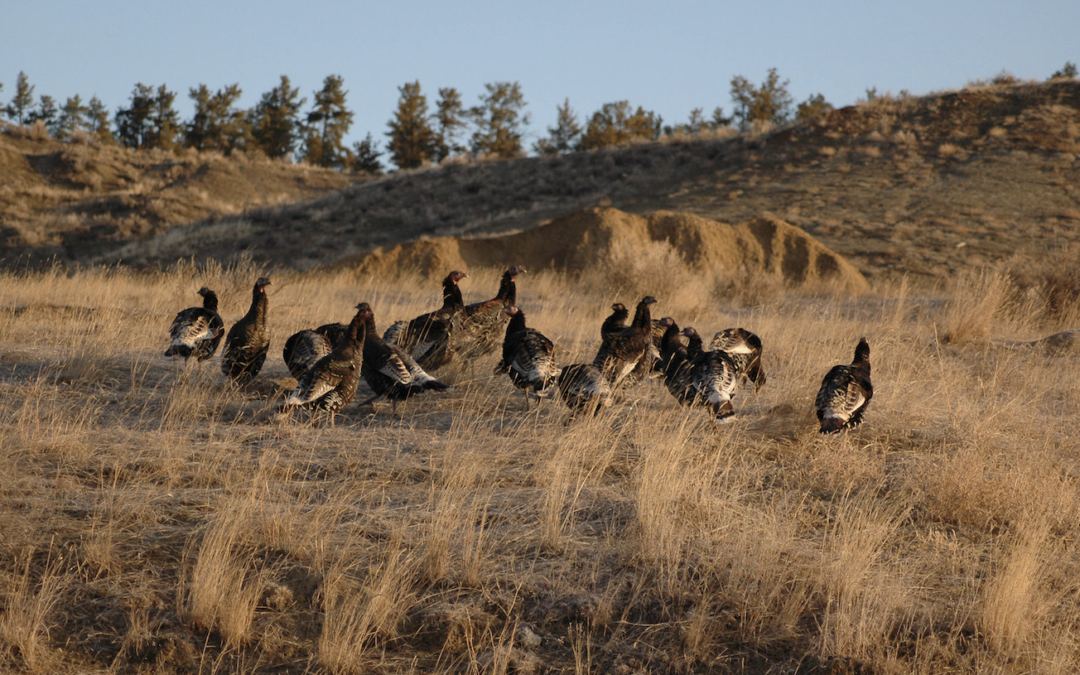With Thanksgiving this week, I wanted to reflect on gratitude and connection.
Here is a fascinating article from the Library of Congress about how Thanksgiving became a federal holiday and the presidential drama around doing so. In recent years, many Americans (who were not previously aware) have come to understand that it can be a day of grief for Native American communities. It commemorates a mythical dinner with the pilgrims and the Indians and symbolically marks the beginning of the end of Native American sovereignty and way of life. This article, The Real History of Thanksgiving, reveals the fascinating history of the “first Thanksgiving” and is definitely worth checking out.
While Thanksgiving’s true and ugly history is crucial to understand and acknowledge, this post isn’t about the history or controversy; It is about the highest expression of what Thanksgiving can be – a chance for gratitude and social connection – both contributors to happiness and well-being. I love what Sean Sherman, founder and CEO of The Sioux Chief’s Indigenous Kitchen, said to the New York Times and shared in ‘The Real History of Thanksgiving’, “The thing is, we do not need the poisonous ‘pilgrims and Indians’ narrative. We do not need that illusion of past unity to actually unite people today. Instead, we can focus simply on values that apply to everybody: togetherness, generosity, and gratitude.”
It is well established that having a gratitude practice is proven to increase happiness. And it is pretty easy to implement a gratitude practice in your life. If we remember to be grateful for anything and everything good that we can think of at Thanksgiving, we are really doing justice to the highest meaning of the day.
The second theme that comes up at Thanksgiving is social connection. As I mentioned in my post/newsletter last week, The Happiness Walk found that social connection was the top response from people who were asked, “What makes you happy?”
A Thrive Global headline says, “Good Social Relationships Are the Most Consistent Predictor of a Happy Life” and quotes Dr. Emma Seppala of Stanford Medicine: “Social connectedness generates a positive feedback loop of social, emotional, and physical well-being.”
Gallup (in collaboration with Meta) recently released a report, The Global State of Social Connections. “Connection is the essential fabric in the tapestry of the human experience. From ancient philosophers to modern-day psychologists and physiologists, the greatest minds agree that people’s interactions with one another are fundamental to who humans are and nurture greater physical and mental health.” NPR reports that in the survey,
“people in 142 countries were asked to rate their “social connectedness” – defined as “how close you feel to people emotionally.” The word “people” was given a broad definition: family, friends, neighbors, coworkers, people from groups you’re part of … and strangers. So pretty much … everybody. Most countries did well. Overall, seven out of 10 people around the globe said they were “very” or “fairly” connected.”
The article focuses on the possibility of the role that the “Yurt (or Gur) life” might have in explaining the level of satisfaction in the most connected country, Mongolia.
Our recent pilot “Wild Happiness” survey, with IFAW in a Maasai community in Kenya, found that satisfaction with social connections was extraordinarily high compared to global averages from the Happiness Alliance’s database, as was satisfaction with life. Satisfaction with the economic domain was low, and there are issues of food security in the community. In analyzing the data and developing recommendations, OneNature and the Happiness Alliance suggested that any projects to increase food security be undertaken with an understanding of how they might influence or negatively impact social connectedness. For example, a conservation partner would not want to increase economic competition or inequalities among community members but may instead consider an intervention like a community-run school feeding program that supports community connection.
Unfortunately, Thanksgiving can also highlight the lack of a social connection, and the pressure of a holiday that focuses on happy families can be difficult for those who have lost loved ones or are estranged from family.
So, with the Thanksgiving holiday right around the corner, what are you grateful for, and how can you maintain or even increase your social connectedness?
If you are feeling lonely, please reach out to friends or organizations that can help. There are also organizations that need help preparing and serving dinners to those in need on Thanksgiving. Making connections while generously giving your time can improve your life and the lives of others.
Please also consider donating to organizations important to you and sharing your time and resources with your community, family, and friends this Thanksgiving. It’s not only beneficial to your well-being but to theirs as well.
I’m grateful to you for being part of the OneNature community. I’m grateful to the Board and Advisors for their support this year and for their generous match for the end-of-year fundraising, including Giving Tuesday, November 28th!
Image courtesy of USFWS/Brett Billings
Join our Newsletter Donate to bring Wild Happiness to communities and wildlife Follow us on socials!
